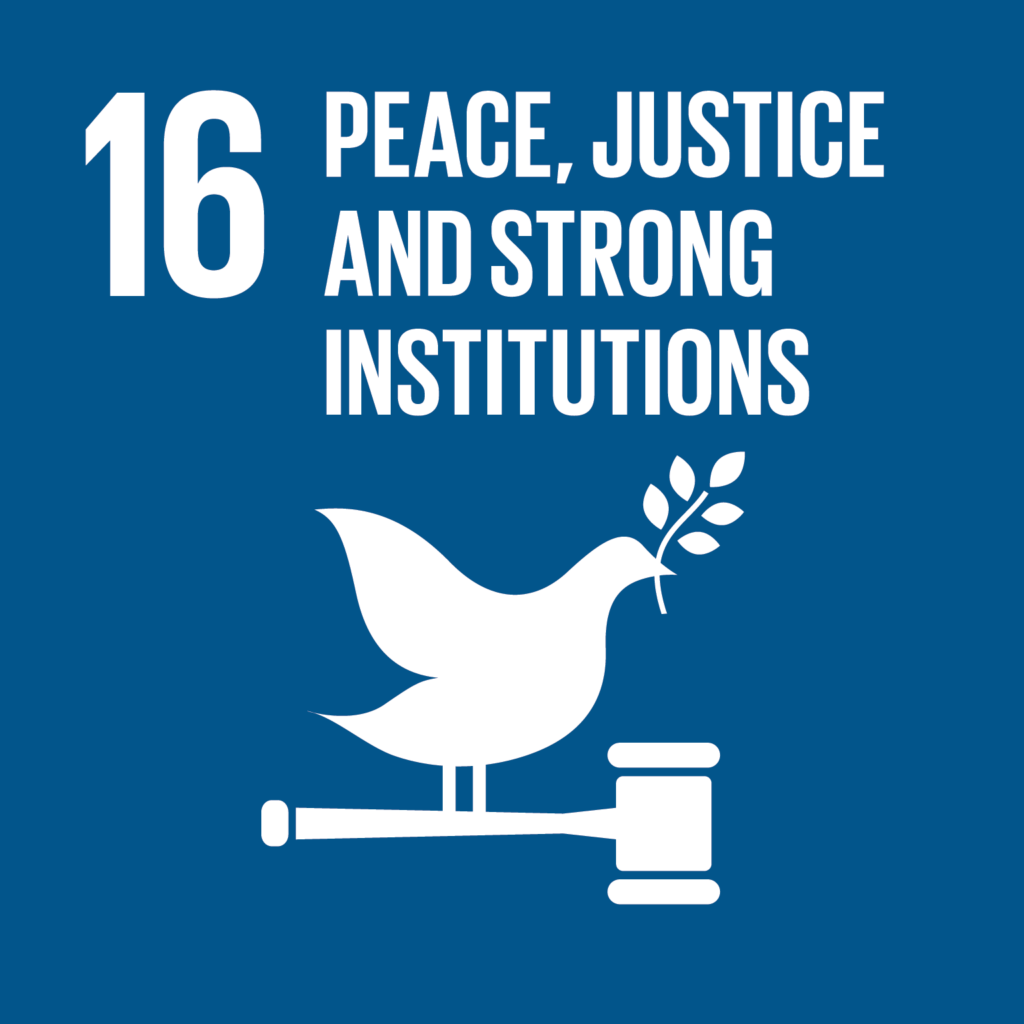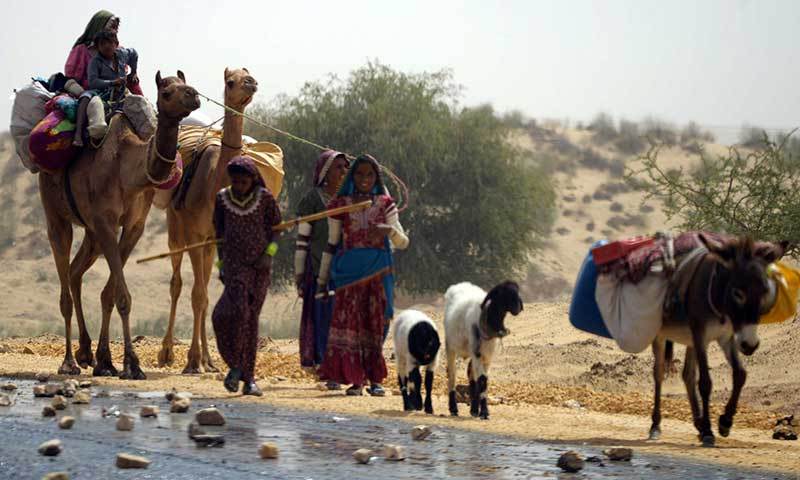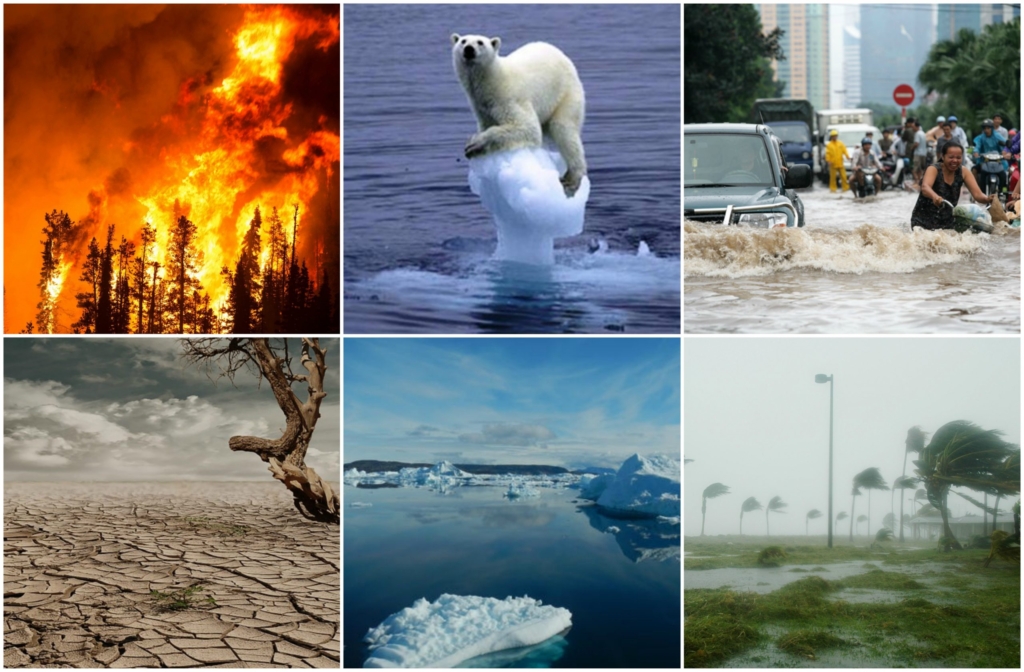“If we succeed in clearing the soil from the rubbish of the past and present, we will leave to posterity the greatest and safest heritage of all ages.” – Emma Goldman, 1910
Humans are an extraordinary result of evolution. It is a great power to be the most highly evolved creature in our conceivable knowledge and, in that, each one of us has a great responsibility. Problem solving is something that all humans do intuitively every day. It matters not what class, race, age, educational level; every single person can and does solve problems every day. The size, form and manifestations of those problems vary greatly but there is one major problem that transcends the rest and affects every single one of us. That problem is capitalism. This form of free-trade economics based on infinite growth models has proven to be unsustainable. A modern-day solution to the problems posed on the Earth and faced by all animals, human and otherwise, due to human activities can be found in the United Nation’s (2015) 17 Sustainable Development Goals, or SDGs. There has also existed since as early as the 19th century a political philosophy that can provide a social, political, and economic framework to accompany the well-defined scientific solutions to our environmental issues. Anarchism, as a political philosophy, realizes that society is entirely able to govern itself (Miller, 2003, 3) and was originally introduced as a critique to industrial capitalism (Proudhon, 1893, 48). It is not within the realm of this essay to defend anarchism against the negative portrayal it has received*. Instead, Proudhon’s political anarchism will be used to accompany the UN’s Sustainable Development as a social, political, and economic framework for a sustainable planet.

Goal 16 of the Sustainable Development Goals calls for “peace, justice, and strong institutions”. Evidently, these virtues are something the global community seemingly lacks. Conventional anarchism focuses on individual and societal cooperation and cohesion and “urges man to think, to investigate, to analyze every proposition” (Goldman, 1921, 22-23). Instilling Proudhon’s anarchic political philosophy, ideologies, and practices will make achieving this goal more realistic because it has been developed through inductive reasoning (Proudhon, 1893). As seen on the “Scale of Knowledge” from Dr. Floris van den Berg, the same highly certain method of acquiring knowledge is also used in the natural sciences, such as physics and chemistry (van den Berg, 2012). In this sense, anarchism is something of the science of politics. As our species developed free-will over basic survival instincts, people were the first animals to live outside of natural law. This affords us countless innovations that provide the comfort and safety to question existence. Before science, it was widely believed that we were descendants of divine beings and, given only the condition that we follow a set of rules established by these gods, the Earth and everything on it was infinite and made for us. This anthropocentric perspective instilled with heteronomous ethics is still widely engrained in global society. However, the recognition of anthropogenic environmental impact can be dated back as far as Plato’s Critias dialogues where he unconcernedly notes soil erosion and deforestation due to agricultural advancements (Attfield, 2018, 3). The fatal flaw of humanity is the continuance of anthropocentricism. If one can only view humans as the apex of life for whom the Earth was created, as opposed to one step in evolutionary time, it is not possible to live sustainably. This alongside prescribed heteronomous ethics systematically removes the virtues of self-awareness, self-responsibility, and autonomy necessary to understand that the ecosystem is finite and that perhaps we are not the be-all, end-all of biological evolution.

Anarchism attempts to bring these virtues to the forefront of humanity by calling for the elimination of overruling heteronomous virtues found in the institutions of religion, property, and government (Goldman, 1910; Proudhon, 1892). Following the Green Revolution in the 1950s, which involved using newly developed artificial fertilizers and heavy irrigation techniques to maximize food production, the development of environmental science and concern for the effects of increased large-scale agriculture and industrialization rapidly became more prevalent. With the release of The Silent Spring by Rachel Carson in 1962, the non-scientific community was able to read an alluring and beautifully written prose that clearly outlined the spread of pollutants from one side of the world to the other (Attfield, 2018, 3). In 1972, The Limits to Growth was published. Written by an international team of multidisciplinary academics from the Massachusetts Institute of Technology, it evaluated those factors which limit growth of our species could be narrowed into five basics: population growth, nonrenewable resource capacity, industrial and agricultural production rates, and pollution output (Meadows et al, 1972, 11). Clearly, these five indicators hold true today. The Limits to Growth also set out to provide an accessible handbook for how people can “achieve a state of global equilibrium” by limiting ourselves and our production of material goods; thus, we can “live indefinitely” (Meadows et al, 1972). These texts were some of the first initiatives by environmentalists to provide complex information in a concise, accessible manner for the general public. In this sense, the various researchers concerned for the environment aimed to expand the anthropocentrism that dominated to a more “ecocentric” (Attfield, 2018, 12) worldview. While it is a much more distorted and silenced voice, anarchism (Goldman, 1910; Proudhon, 1893) recognized this ecocentric worldview by maintaining the philosophy that Gods and the State are socially constructed authoritative figures that can only exist through the peoples’ submission to the rules outlined by these archetypal figures.

Meanwhile, just around the time The Limits to Growth was published, a new ideology of capitalism had been introduced and rapidly appropriated by governments and industries worldwide. It promoted most notably three assumptions: (1) “commercial value could be maximized by handing management of companies and public policy to exceptionally smart, and highly motivated people”, (2) “commercial value, so maximized, would be a good proxy for social value without government interference”, and (3) “the redistributions of income resulting from this maximization, whether within countries or between them, were not a proper concern for economists” (Collier et al, 2021, 638). These quotations are from Capitalism: what has gone wrong, what needs to be changed, and how it can be fixed, a 2021 article in the Oxford Review of Economic Policies which poses these questions to a selection of leading capitalist economists. Their summation of these assumptions is immediately followed by the statement: “Unfortunately, no part of this new ideology proved to be correct” (Collier et al, 2021, 638). As well, the article states that these 3 main drivers of the newest manifestation of capitalism “resulted in social and political polarizations which have become unsustainable” (Collier et al, 2021, 638). It is clear there is now consensus on all sides that the current dominating economic methodology and resulting society is unsustainable and the result of misinformed, misdirected guidance (Attfield, 2018; Collier et al, 2021; Goldman, 1910; Miller, 2010; Proudhon, 1893; van den Berg, 2012). In this revelation, it gives hope that there are grounds for systemic change.

A common term used to critique globalization and free-market capitalism is ‘neocolonialism’. It describes the phenomenon wherein nations that were previously ravaged due to colonialism are now targeted for extremely valuable resources such as precious metals and oil. In statements such as, “The major untapped pool of cheap young workers for the next few decades is Africa and the region is ripe for conventional capitalism”, also extracted from page 643 of the 2021 Oxford Economic Policy Review article, it is clear we must be vigilant in deciding on a global system that will not lead us back but forward. Global free-market capitalism is seen as a “neo” or new form of colonialization. Another view of this can be found in the article in defense of capitalism in the distinction between “winners” and “large groups of uncompensated losers” under the capitalist system (Collier et al, 2021). Aptly so, the result was and is “disaffection and political activism with unpredictable repercussions” (Collier et al, 2021). No deliberation is provided in the article. The only understanding of political activism in this statement is with the vague, negative association of “unpredictable repercussions”. This presents a fallacy of what can come from positive political activism in response to unsatisfactory laws and regulations. One direct example of positive political activism by anarchists is dumpster-diving. Ann Meneley (2018) presents specifically the point of view of Danish dumpster-divers that, “It is perceived as functional, as wasting is seen as stupid”, though this is a view taken by most modern anarchists. Meneley also recognizes the group “Food Not Bombs” which is an international anarchist collective that feeds the impoverished and homeless populations with meals cooked entirely from ‘dumpstered’ food. Dumpster diving is an act of direct rebellion that only exists when a nation lives outside of its means. Educating the Stupid is a concept developed by Dr. van den Berg (2012) which discusses, in part, that the combined ecological footprint of the global population must stay within the Planet’s carrying capacity for our species. The same concept is reverberated through The Limits of Growth report. The seemingly incendiary title of this ethical concept sets to reiterate an ethical standard that has resounded in the speech of many great minds such as Albert Einstein who is famously quoted to have said: “The world is a dangerous place to live, not because of those who do evil, but because of those who look on and do nothing”. In the age of knowledge and technology, it is no longer acceptable to feign ignorance of the various consequences of lives based on production, consumption, and infinite growth in a finite ecosystem. At this point, there is only stupidity in those of us who know and do not act.

Aside from the environmental and societal devastation caused by global trade and industry practices, the driving force of capitalism, consumerism, is inherently unsustainable. Though once viewed as a sign of wealth and well-being when a country’s citizens were able to be effective spenders, nowadays, consumerism is being discussed more frequently as a health detriment (Meneley, 2018). On one hand, citizens in impoverished regions, ie. the “losers”, live lives of “involuntary simplicity” (Meneley, 2018). Meanwhile, mental illnesses exhibited in behaviors such as hoarding and physical illnesses such as morbid obesity are rampant in wealthier nations, or the nations of “winners”. Consequently, initiatives encouraging minimalism, or “voluntary simplicity”, immerge in response to these ailments of overconsumption (Meneley, 2018). Capitalism focuses on unbridled maximization of profit through consumer spending, thus requires branding and advertising techniques to promote greater consumption. These tactics often include creating a sense of self for the consumer and encouraging “self-branding”, as the consumer should view themselves as a commodity (Meneley, 2018). Anarchism brings value to individual freedom of expression and calls for the elimination of property (Goldman, 1910; Proudhon, 1893). As expressed so eloquently by Emma Goldman, a distinguished anarchist and feminist pioneer, value is manifested by someone “to whom the making of a table, the building of a house, or the tilling of the soil, is what the painting is to the artist and the discovery to the scientist, — the result of inspiration, of intense longing, and deep interest in work as a creative force” (Goldman, 1921, 24). In other words, anarchism encourages the individual to find what work they can do that does not ultimately feel like work but feels like the fulfillment of one’s personal values. This recognition of ‘self’ in a career path allows for a level of self-responsibility and social obligation often not afforded by a consumer driven society.

So, while globalized trade ravages the underdeveloped nations, consumerism plagues the rest, and the greatest damage is incurred by the ecosystem and non-human animals. Just as no one would deny the atrocities of imperialism, colonialization, fascism, or any other form of absolute authoritative rule, the vast disparities between the winners and losers under capitalism are well-known. Additionally, the complete devastation of the planet’s biodiversity, natural resources, and the ecosystem is not news. The current world economic system and alleged lack of political interference have failed. The solution needs to be a complete reformation of these elements.

In the conclusion of the Oxford Economic Policy Review, the capitalist economists sum up three underlying issues that are commonly reported on about how “the pathologies of economics have misdirected policies”. They are in short: (1) “…inadequate depiction of the individual in conventional economics as a person preoccupied with consumption and leisure. In contrast, evolutionary biology suggests we are strongly motivated by purposes beyond consumption and leisure with a capacity to be morally load-bearing”, (2) “…widespread support for greater devolution to local decision-taking, and an emphasis on the importance of cooperation in communities. Far from being selfishly individualistic, humans have a strong capacity to cooperate in communities”, and (3) “…the human brain has evolved to be well-suited to decisions under uncertainty, and decisions devolved to teams within which people naturally cooperate enable rapid learning through experimentation and copying”, (Collier at al, 2021, 647). Conventional anarchism has always encompassed these exact ideologies, as it is a century-old political reformative plan developed due to disaffection with the capitalist economic system in an industrializing, globalizing world (Proudhon, 1893). In this, Proudhon’s anarchic political philosophy is the only available, long-standing social-political framework to achieve a sustainable planet.
Lina Miller
*See the following text for additional information on this topic:
Egoumenides, M. (2014). Philosophical Anarchism and Political Obligation. Bloomsbury Academic.
Pritchard, A. (2010). What can the absence of anarchism tell us about the history and purpose of International Relations? Review of International Studies, 37, 1647–1669. doi:10.1017/S0260210510001075
References:
- Attfield, D. (2018). Environmental Ethics. A very short introduction. Oxford: Oxford University Press
Collier, P. et al. (2021). Capitalism: what has gone wrong, what needs to change, and how it can be fixed. Oxford Review of Economic Policy, 37 (4), 637–649 https://doi.org/10.1093/oxrep/grab035 - Proudhon, J.P. (1893). Property is Theft. In D. Guérin & P. Sharkey (Eds.), No Gods, No Masters: An Anthology of Anarchism (pp. 48-54). AK Press.
- Goldman, E. (1910). Anarchism: What it really stands for. In H. Havel (Eds.), Anarchism and other essays (pp. 21-29). Mother Earth Publishing Association.
- Meadows, D.H. et al. (1972). The Limits to Growth: A report for the Club of Rome’s Project on the Predicament of Mankind. Potomac Associates. https://www.clubofrome.org/publication/the-limits-to-growth/
- Meneley, A. (2018.) Consumerism. Annual Review of Anthropology 47, 117-132, https://doi-org.proxy.library.uu.nl/10.1146/annurev-anthro-102116-041518
- Miller, D. (2003). Political Philosophy: A very short introduction. Oxford: Oxford University Press.
- United Nations. (2015). THE 17 GOALS: Sustainable Development. In Sdgs.Un.Org. Retrieved January 4, 2022, from https://sdgs.un.org/goals
- Van den Berg, F. & Meindertsma, J. (2012). Ethics: Philosophy for a Better World. [Poster for PSE2 course]. Geosciences Department. Utrecht University.
- Van den Berg, F. & Meindertsma, J. (2012). Philosophy of Science. [Poster for PSE2 course]. Geosciences Department. Utrecht University.







